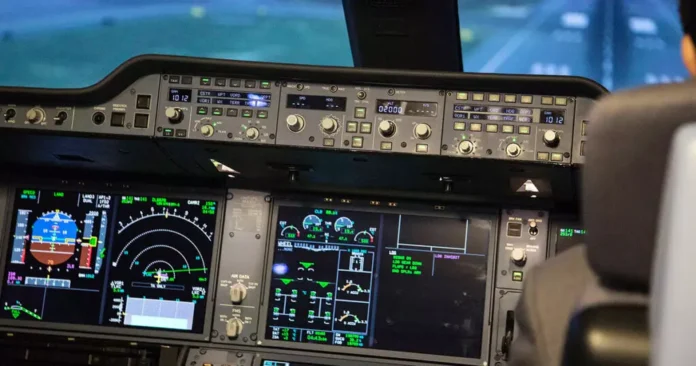This article is written by an experienced pilot, giving his thoughts and experiences on the autopilot technology within aircraft.
Article Excerpt
You’ve heard it a million times: modern aircraft are flown by computer, and in some not-too-distant future, pilots will be engineered out of the picture altogether. The biggest problem with this line of thought is that it begins with a false premise: the idea that jetliners are superautomated machines, with pilots on hand merely to play a backup role in case of trouble. Indeed, the notion of the automatic airplane that “essentially flies itself” is perhaps the most aggravating and stubborn myth in all of aviation.
The best analogy, I think, is one that compares flying to medicine. Essentially, high-tech cockpit equipment assists pilots in the way that high-tech medical equipment assists physicians and surgeons. It has vastly improved their capabilities, and certain tasks have been simplified, but a plane can no more “fly itself” than a modern operating room can perform an organ transplant “by itself.”
“Talk about medical progress, and people think about technology,” wrote the surgeon and author Atul Gawande in a 2011 issue of The New Yorker. “But the capabilities of doctors matter every bit as much as the technology. This is true of all professions. What ultimately makes the difference is how well people use the technology.”
That about nails it.
And what do terms like “automatic” and “autopilot” mean anyway? Contrary to what people are led to believe, flying remains very hands-on operation, with tremendous amounts of input from the crew. Our hands might not be steering the airplane directly, as would have been the case in the 1930s, but almost everything the airplane does is commanded, one way or the other, by the pilots. The automation only does what we tell it to do. It needs to be instructed when, where, and how to perform its tasks. On the Boeing I fly, I can set up an automatic climb or descent in any of about seven different ways, depending on what’s needed.
Relevance
This article is something that I myself was curious to learn about. On the internet you will find lots of different information regarding autopilot on planes, I ended up landing on this article written from the perspective of an airline pilot who has been flying his whole life. He makes some interesting comparisons between the fields of air travel and medicine. He talks about how over the years there have been immense leaps in technical capabilities in all professions, however that does not change the fact that the professional has to know what they are doing and how the technology works to help them.
That being said, as good as technology is, you will always need trained professionals working in your corner. As automated as implants are getting, doctors are still going to need to check up on the patient constantly. Many implants also require patients to interact with it and tweak it to make the care that they need. It is important that the patient/user still remain in some control over the technology, and therefore must have appropriate education.
Sources
We are told that planes basically fly themselves. how true is this?. AskThePilot.com. (2017, November 3). https://askthepilot.com/questionanswers/automation-myths/
What is an aircraft autopilot?. World Aviation | Escuela de Pilotos de Referencia. (2024, April 29). https://worldaviationato.com/en/aircraft-autopilot/




